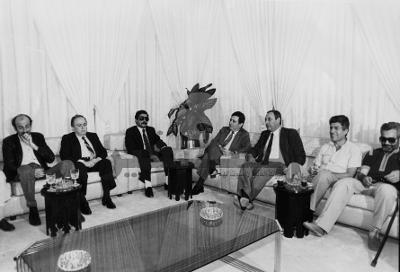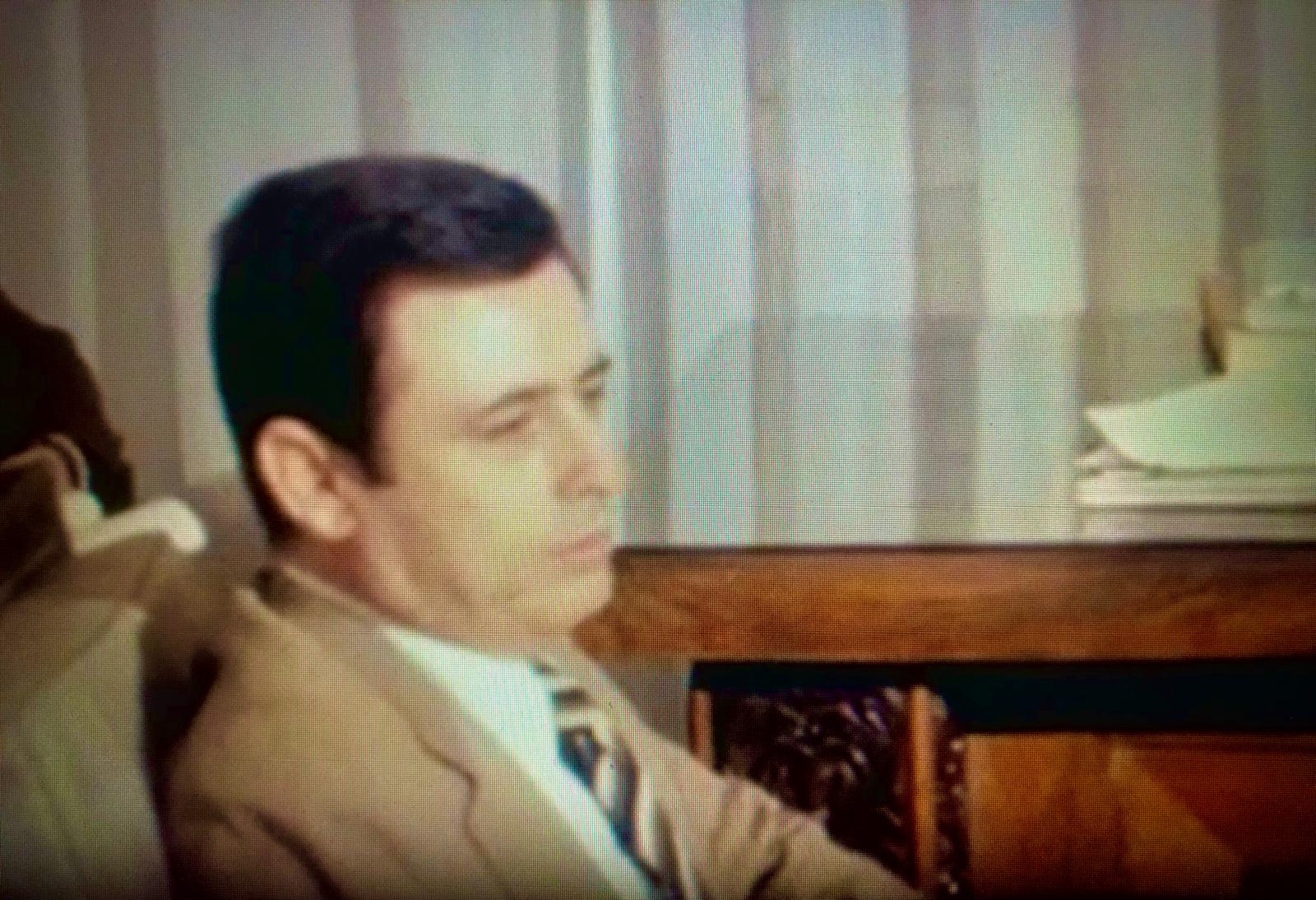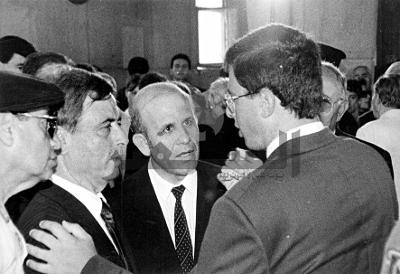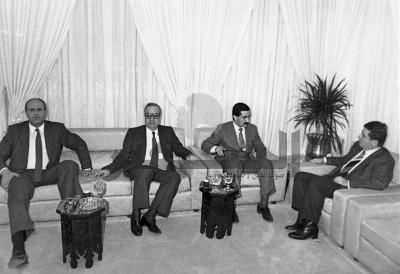During the intensive meetings held by Syrian Vice President Abdel Halim Khaddam with the leaders of Lebanese parties, Khaddam had a second meeting yesterday with Walid Jumblatt, the President of the Progressive Socialist Party. The meeting lasted only half an hour, and Jumblatt declined to make any statements.
It has been learned that Jumblatt agreed to issue a statement condemning Yasser Arafat, his submissive approach, and the campaign directed against Syria. Similarly, George Hawi, the Secretary General of the Lebanese Communist Party, agreed to issue a statement in the same vein.
Additionally, Mr. Khaddam met with Lebanese MP Zaher Al-Khatib.
Sources in the Syrian capital mentioned that President Assad would dispatch a senior Syrian official to Babda or Bikfaya to meet with President Gemayel in response to President Gemayel’s initiative of sending Minister Joseph Al-Hashem to Damascus. However, it is unlikely that this Syrian envoy will arrive in Beirut before the Syrian leadership concludes its consultations with various Lebanese Islamic leaders.
On another note, a Palestinian meeting took place yesterday at the headquarters of “Abu Musa.” The attendees included Abu Khaled Al-Mallah, Ahmed Jibril, Asim Kansuh, Walid Jumblatt, and Tawfiq Sultan. Jumblatt and Sultan represented the Lebanese National Movement.
Furthermore, Vice President Abdel Halim Khaddam also met with the delegation of the Arab Democratic Party. Following the meeting, the party leadership issued a statement that the discussion with Mr. Khaddam focused on the upcoming presidential election, the internal situation in Lebanon, and the need to stop the bloodshed in the camps. The party expressed their opposition to the Palestinian-Israeli conflict and emphasized directing all weapons against the Zionist enemy, regardless of whether they are Lebanese or Palestinian. They stated that the path to Palestine does not lie in Bassam Abu Sharif’s Islamic document or Abu Ammar’s campaigns against Syria’s resilience in the face of internal and external conspiracies, which they currently see in conjunction with the failed attempts of the Intifada in the occupied territory. They also believed that resuming the camp war would be a futile attempt to undermine the security of Beirut citizens, as they felt a sense of security after a long absence due to the principles of President Hafez al-Assad and the Syrian forces. The surrender of Yasser Arafat’s fighters, upon realizing the accuracy of the situation, indicated the failure of their employment approach and deviation.




